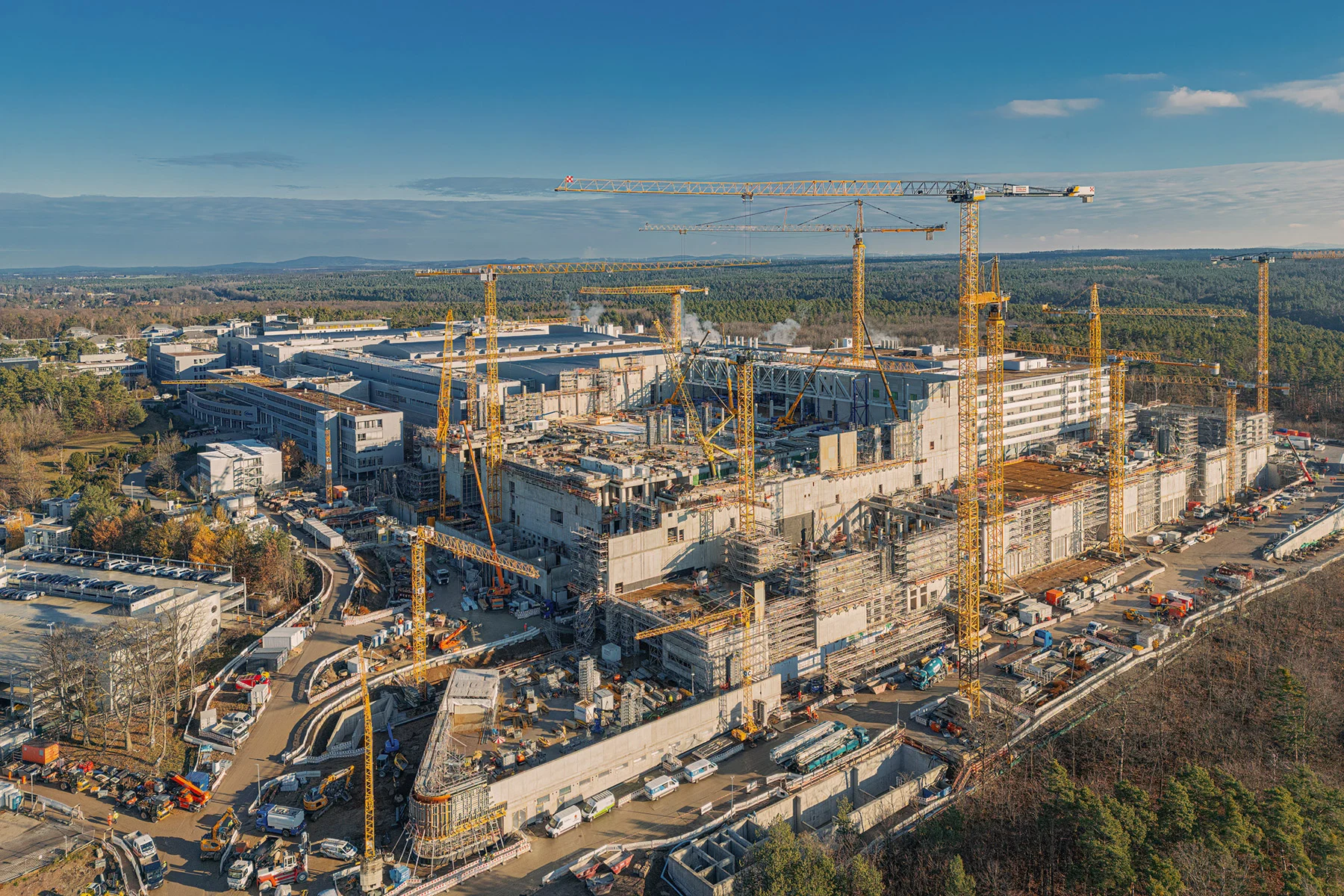The European Commission has approved a 920 million euro funding package for a semiconductor plant currently under construction by Infineon in Dresden, Germany. The grant was approved by the Federal Ministry of Economics and Climate protection as part of the European Chips Act. The act allows for high individual subsidies such as this. Infineon has set a budget of 5 billion euros for this plant which will be the largest single investment in the company’s history. The plant is expected to reach full capacity production by 2031. It will be a front-end facility, cover water processing, testing and separation. In addition, the chips will be used in automotive, industrial and consumer applications.
Construction Timeline
The project, named MEGAFAB-DD will begun construction in March 2023 and is expected to be completed within the year in order for production to begin by 2026. It is not uncommon for plants such as these to have long-start up processes. Additionally, an estimated 1000 jobs are expected to be created directly at the plant and others created through the supply chain. Infineon is investing 3.5 billion euros to the Infineon Dresden plant, making the subsidy cover 20 percent of the total budget.
Project Overview
Location: Dresden, Germany
Construction cost: 5 billion euros
Completion date: 2025
Developer: Infineon
Also Read CIP Unveils Plan for 800MW Green Hydrogen Project in Germany: Project Anker
Details about the Infineon Dresden Plant
What’s more, the plant will be built with a high degree of flexibility in mind. It will be able to switch quickly between different product groups. Two types of chips are going to be produced at the plant. These include stand-alone power semiconductors for power switching, control and management of electric systems. Further, the second chip will be integrated circuits that can process both digital and analog signals. The chip producer has agreed with the EU to ensure the project will bring wider positive effects to the EU semiconductor value chain. Furthermore, it will invest in the research and development of the next generation of chips in continent.

Leave a Reply